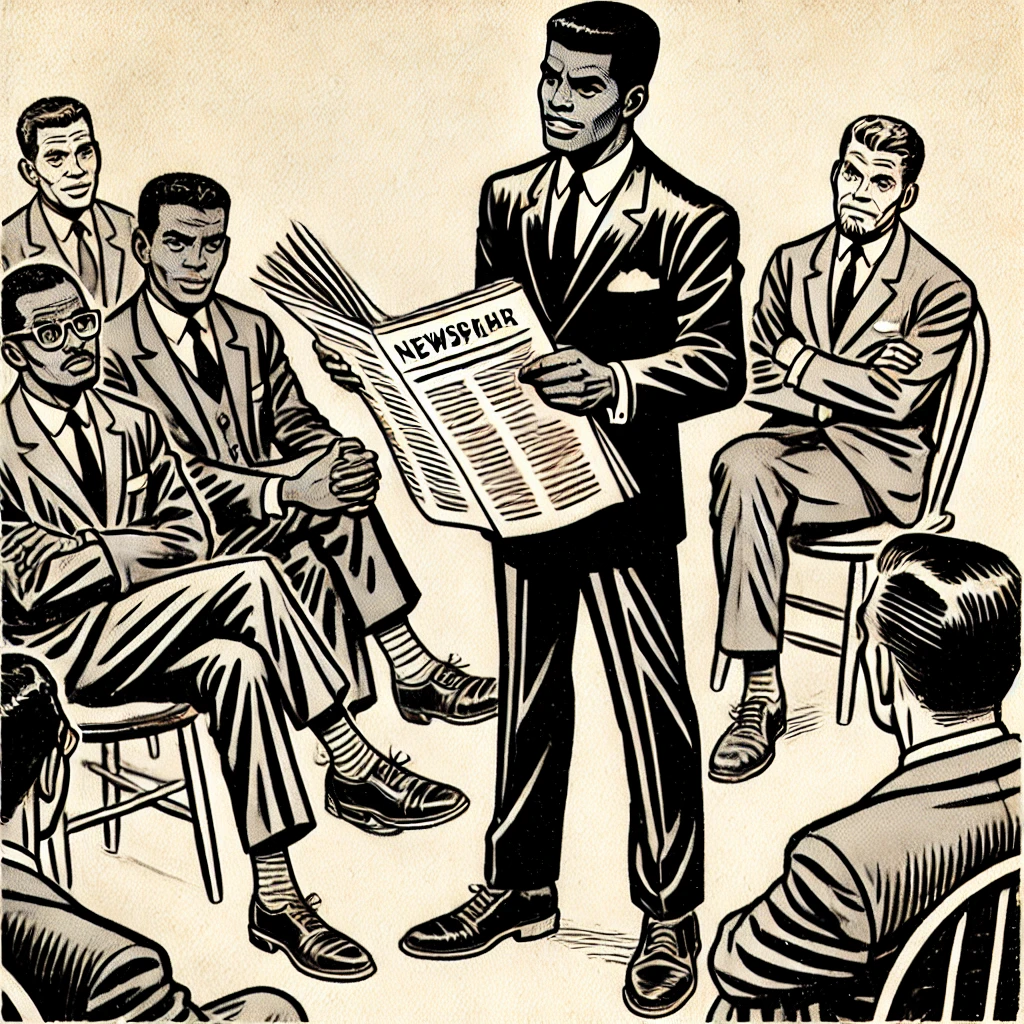Early Life and Influences
Marcus Mosiah Garvey was born on August 17, 1887, in St. Ann’s Bay, Jamaica. Raised in a modest but intellectually rich environment, Garvey was deeply influenced by his father, a stonemason with an extensive library. From a young age, he was exposed to literature, philosophy, and African history, which shaped his understanding of the world and the struggles of Black people globally. Despite the economic challenges of his upbringing, Garvey was a bright student who developed a keen sense of racial pride.
During his early years, Garvey witnessed firsthand the discrimination and economic hardships faced by Black Jamaicans under British colonial rule. He also traveled extensively across Latin America and the Caribbean, where he observed similar patterns of racial oppression. These experiences fueled his desire to unite and uplift people of African descent.
The Birth of a Global Movement
In 1914, Garvey founded the Universal Negro Improvement Association (UNIA) in Jamaica. His goal was ambitious: to promote Black unity, economic independence, and self-reliance. However, it wasn’t until he moved to Harlem, New York, in 1916 that his movement gained worldwide attention.
The UNIA rapidly expanded, attracting millions of followers across the United States, the Caribbean, Africa, and beyond. Garvey’s message was clear—Black people must reclaim their heritage, build their own businesses, and work towards self-determination. His famous slogan, “Africa for Africans, at home and abroad,” became a rallying cry for a new era of Pan-Africanism.
Economic Empowerment and the Black Star Line
One of Garvey’s most ambitious projects was the Black Star Line, a shipping company intended to facilitate trade among Black communities worldwide and eventually transport African descendants back to their ancestral homeland. This venture symbolized Black self-sufficiency and the potential for economic independence. Although the company faced financial and logistical challenges, it remains one of the most iconic symbols of Black economic empowerment.
Garvey also established the Negro Factories Corporation, which aimed to create Black-owned businesses in various industries, including agriculture, manufacturing, and trade. His philosophy emphasized that political power could only come through economic strength.
Garvey’s Influence on Black Consciousness
Beyond economics, Garvey played a critical role in shaping Black identity and pride. He encouraged Black people to embrace their African heritage, reject European beauty standards, and wear African-inspired clothing. His speeches and writings emphasized self-respect, dignity, and the need for unity among people of African descent.
His newspaper, The Negro World, reached Black communities worldwide, spreading messages of empowerment and cultural pride. Through his words and actions, Garvey inspired future generations of Black leaders, including Malcolm X, Kwame Nkrumah, and the leaders of the Civil Rights and Pan-African movements.
Downfall and Legacy
Garvey’s rise to prominence also attracted opposition. The U.S. government, alarmed by his growing influence, targeted him through the FBI’s J. Edgar Hoover, who saw him as a threat. In 1923, Garvey was convicted of mail fraud in connection to the Black Star Line and sentenced to prison. After serving time, he was deported to Jamaica in 1927 and later moved to London, where he continued advocating for Black liberation until his death in 1940.
Despite the challenges he faced, Garvey’s impact remains undeniable. His teachings laid the foundation for many liberation movements, and his message of Black unity, self-reliance, and pride continues to resonate today.
Conclusion: The Enduring Spirit of Garveyism
Marcus Garvey’s vision transcended his lifetime. His philosophy of Pan-Africanism and economic self-determination continues to inspire movements that seek justice, equality, and empowerment for Black people worldwide. His teachings remind us that true freedom comes not from waiting for others to grant it, but from actively building and reclaiming our own destiny.
As Garvey once said, “Up, you mighty race, accomplish what you will!”








